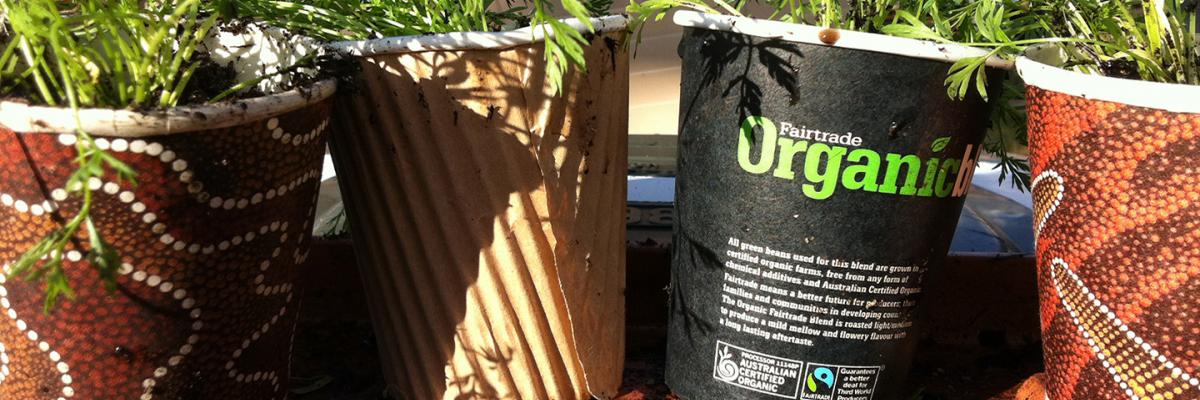Ethical Purchasing
Whether purchasing paper, coffee or construction materials, we can reduce adverse environmental and social impacts by buying 'better' products.

University purchasing
Despite the public perception that slavery was abolished years ago, slavery and child labor are still being used to make many of the products popular in our world - even those produced in Australia. The Modern Slavery Act 2018 requires big businesses, including the University, to publish annual statements on actions to address modern slavery in their operations and supply chains.
The University is actively responding to the risks of modern slavery in their operations and codes of practice. You can read more about this response through the statement given in 2021.
Individual purchasing power
The onus of influencing ethical supply chains should not rest fully on individuals, but through education we can empower each other to make the best decisions possible for people and the planet. The following resources are useful in guiding ethical purchasing.
- Superannuation: One of the most powerful things individuals can do is to choose a superannuation which invests ethically. Use this Super Fund Comparison Table to investigate which super fund is best for the planet, and make the switch.
- Banking: The organisation you bank with has huge ethical implications. Use this Bank Comparison Table to investigate which bank is best, and make the switch.
- Fuel: If you can afford it, switching to ULP 98 or 95 fuel can reduce the carbon and particulate emissions of your vehicle. Read more about fuel and emissions.
- Big brands: The Ethical Shopping Guide is useful in understanding the environmental impact of major brands found in department stores and supermarkets.
- Fashion: the Ethical Fashion Guide is especially useful in navigating the environmental impact of clothing and shoe companies.
